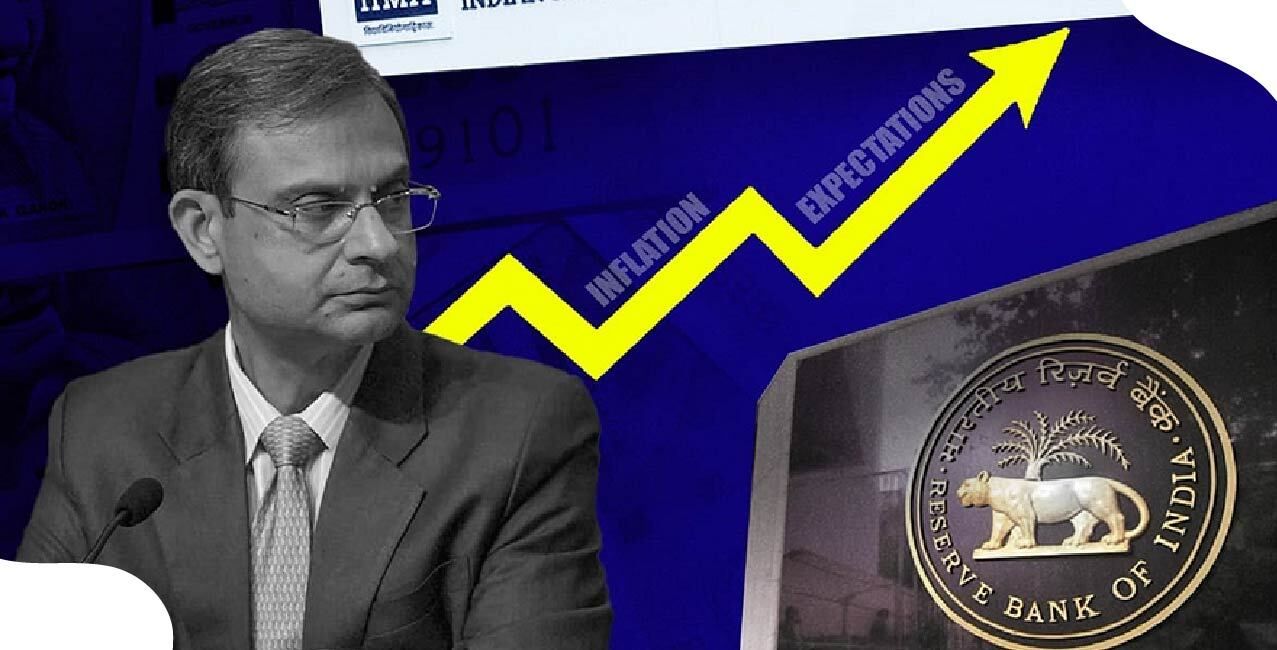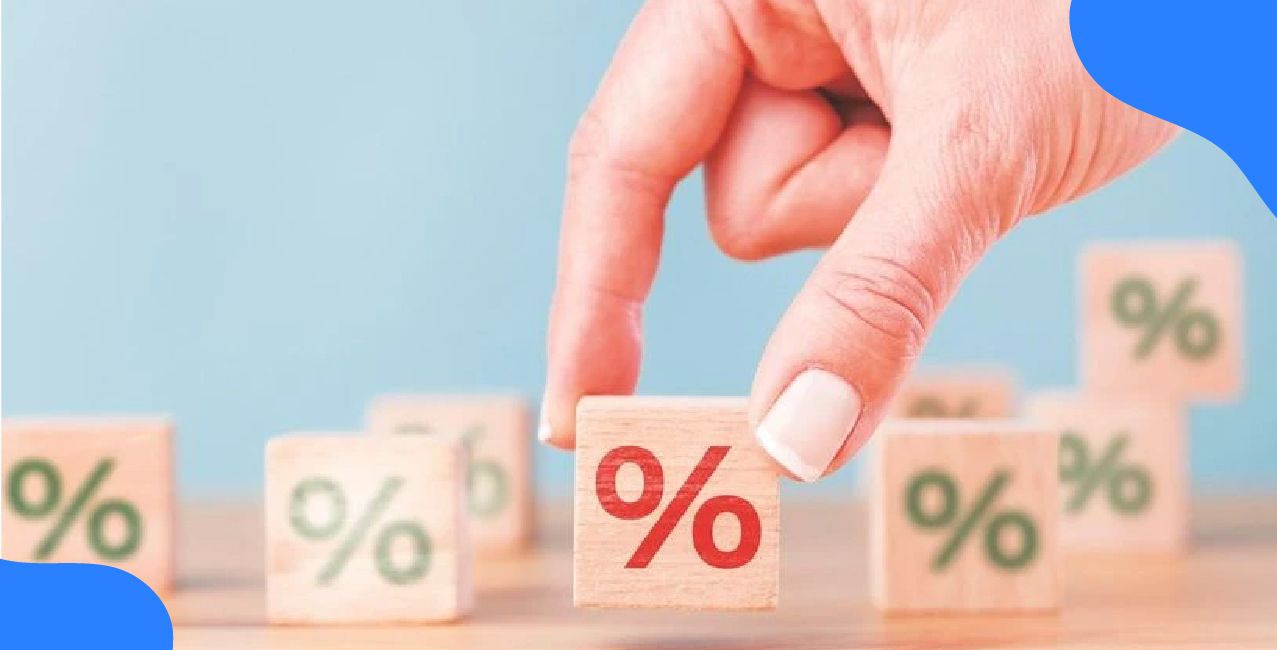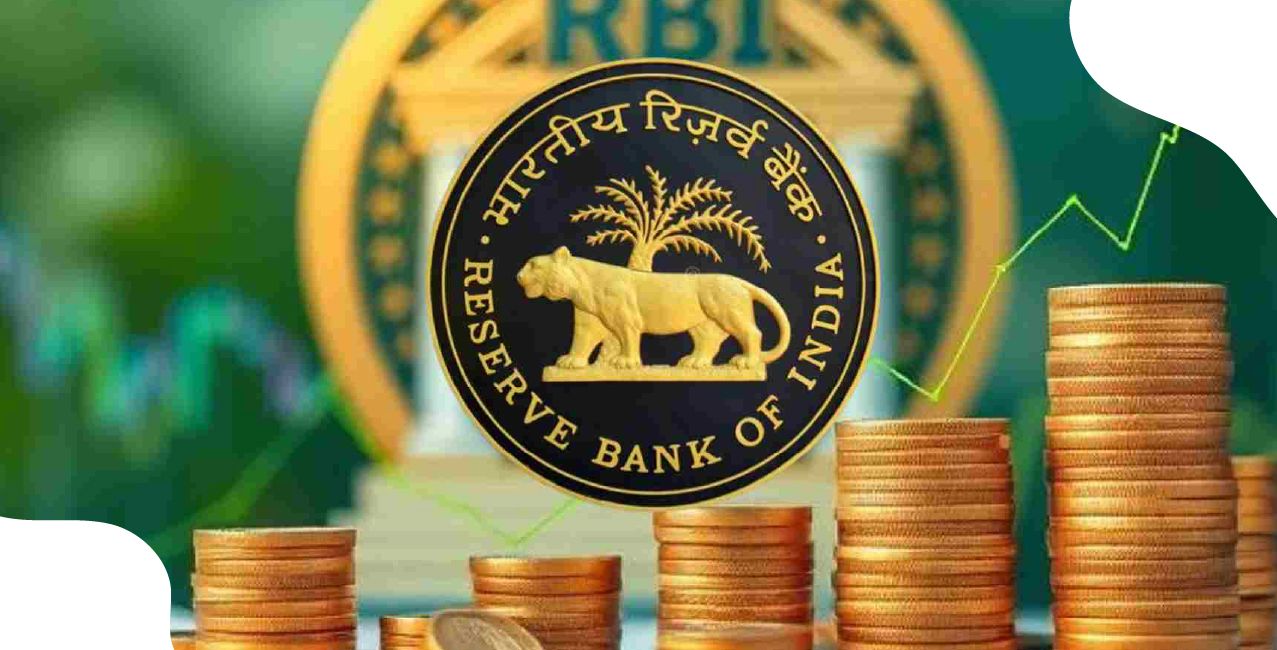
Author
LoansJagat Team
Read Time
4 Min
28 Aug 2025
RBI Kicks Off Fresh Inflation Survey in 19 Major Indian Cities
Households across India are sharing their views on prices, daily expenses and the economy
What do families in India expect about rising prices in the coming year? The Reserve Bank of India (RBI) is again asking this question. The RBI launched the Inflation Expectations Survey of Households (IESH) 2025 in September across 19 Indian cities.
This survey records how households view changes in food, fuel, rent and other costs. It has been conducted every quarter since 2005, and the findings feed into policy decisions that affect savings, loans and spending.
RBI Survey 2025: Voices From 19 Indian Cities
The RBI survey on inflation in Indian cities is a way to listen to urban households. Families from Ahmedabad, Bengaluru, Bhopal, Bhubaneswar, Chandigarh, Chennai, Delhi, Guwahati, Hyderabad, Jaipur, Jammu, Kolkata, Lucknow, Mumbai, Nagpur, Patna, Raipur, Ranchi and Thiruvananthapuram are part of this round.
Every city faces different challenges. Food prices vary across regions. Fuel costs rise differently in metros and smaller cities. Rent is high in some areas but stable in others. Families share their expectations for prices in the next three months and in the next year. These answers show how inflation is seen at the ground level.
How The RBI Household Inflation Survey Works
The Indian cities household inflation survey RBI is structured in a step-by-step process. First, polling areas are selected. Next, households are chosen systematically within those areas. This ensures a fair mix of families.
Questions cover both general price levels and specific costs. Food, fuel, housing and transport are included. Some questions are simple, asking whether prices went up or down. Others are more exact, such as how much prices may rise in the next year. This mix of questions helps to build a complete picture of how families think about inflation.
Households that are not approached directly can also participate online. The RBI has uploaded survey forms on its official website. This gives more families a chance to be part of the exercise and makes participation easier.
Reserve Bank Of India Consumer Inflation Study
The RBI consumer inflation survey is carried out every quarter. Around 4,000 to 5,000 households take part in each round. Their answers are combined into reports. These reports are later discussed in the RBI’s Monetary Policy Committee meetings.
Read More – Will Inflation Lead to Another Rate Cut? RBI Governor Sanjay Malhotra Shares His View
Here is a table that explains the survey at a glance:
This shows how the survey is balanced between numbers and opinions. The frequency ensures the data is fresh and timely.
September 2025 Survey Report: What Households Expect
The September 2025 report was started to record household expectations on inflation. Earlier surveys had shown that many families believed prices were already high. But fewer expected prices to rise sharply in the near future.
These results are studied carefully by the RBI. They help to guide lending rates and policy steps. For example, if more households expect food and fuel to rise, it signals pressure on inflation. If expectations are stable, it may mean relief ahead.
To connect the inflation survey with other RBI studies, see the table below:To understand the link with other studies, here is another table:
These surveys together give a broad picture. While IESH looks at prices, the consumer confidence studies look at income, jobs and spending.
RBI Inflation Survey History: From 2005 To 2025
The inflation perception survey has a long history. It was first launched in 2005 with four metros. Over the years it expanded. By 2015, cities like Chandigarh, Ranchi and Raipur were added. By 2016, the survey was conducted across 18 cities.
In 2025, the coverage has grown to 19 cities. Families can now take part both through field visits and online forms. A Mumbai-based research agency is conducting the field work. This change is meant to improve reach and include more voices.
Here is a comparison of earlier and current rounds:
The comparison shows how the survey has moved from being only field-based to allowing online participation. It also shows how the coverage has widened.
Why The Survey Matters To Policy Watchers
Expectations shape how people spend. If families think food or fuel will rise, they may buy earlier. This can push demand and affect real inflation. The RBI tracks these signals through its surveys.
Here is how the data is used:
This table shows how results travel from families to the RBI and then back to the public.
Also Read - How Inflation Affects Your Savings and Investment Strategy
What The 2025 Survey Means For India?
As the September 2025 round progresses, thousands of families will share their voices. Their views on prices, spending, jobs and income will guide how the RBI sets policy.
The expansion to 19 cities is a sign of stronger coverage. The use of online forms is also a shift towards wider participation. Together with urban and rural consumer confidence surveys, the inflation survey adds depth to how the economy is understood.
Reports from past years, like 2016, showed how fast expectations can change. Rising prices can make families more cautious. Stable prices can improve confidence. The 2025 round will again be watched closely by analysts, economists and ordinary citizens.
Conclusion
The RBI inflation expectations survey 2025 is all about listening to families who live with daily costs. From food to fuel to rent, their answers reflect the realities of Indian households.
The RBI survey on inflation in Indian cities ensures these voices are recorded in a structured way. With the September 2025 round, the RBI has again shown that policy begins with listening. The answers given by families today will help shape financial decisions tomorrow.
About the Author

LoansJagat Team
‘Simplify Finance for Everyone.’ This is the common goal of our team, as we try to explain any topic with relatable examples. From personal to business finance, managing EMIs to becoming debt-free, we do extensive research on each and every parameter, so you don’t have to. Scroll up and have a look at what 15+ years of experience in the BFSI sector looks like.

Quick Apply Loan
Subscribe Now
Related Blog Post

LoansJagat Team • 05 Jan 2026

LoansJagat Team • 05 Jan 2026

LoansJagat Team • 31 Dec 2025